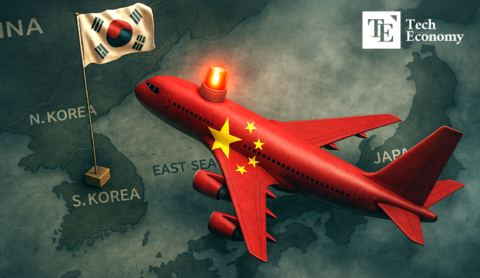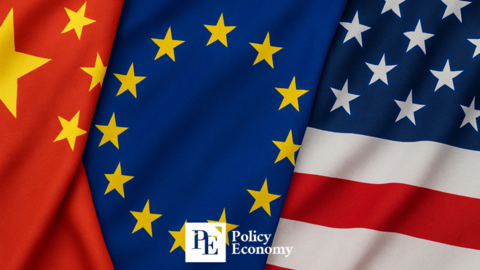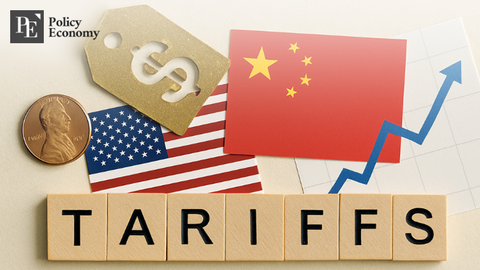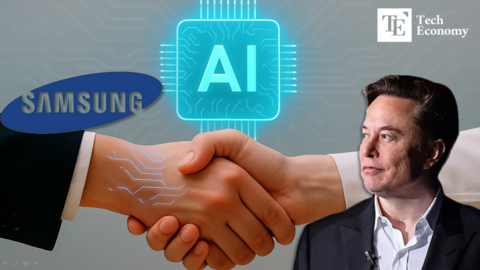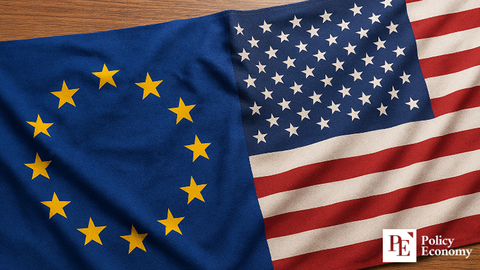Artificial Intelligence: The New Cold War and the Role of Universities
Input
Changed
The launch of Sputnik 1 by the Soviet Union in 1957 sent shivers across the United States, calling into question its claimed technological superiority and sparking the Space Race. Jump ahead to January 2025, and a comparable paradigm shift has taken place in the field of artificial intelligence (AI). DeepSeek, a Chinese artificial intelligence business located in Hangzhou, Zhejiang, has introduced its revolutionary AI model, DeepSeek-R1. This model not only competes with but also exceeds the capabilities of the most advanced American AI technologies in several areas. DeepSeek's accomplishment has sent shockwaves through financial markets throughout the world, raising serious issues about who will lead the future of artificial intelligence. This success was achieved for a fraction of the cost that U.S. tech giants such as OpenAI, Microsoft, and Meta have invested.
The Nasdaq Composite Index, which reflects the performance of the top technology companies in the United States, fell by around 3.1% within 48 hours of the unveiling of DeepSeek-R1. Nvidia, a prominent player in AI hardware, had its stock collapse by roughly 17%, equating into a catastrophic loss of $589 billion in market value. The consequences went beyond the financial statements of companies; legislators, industry executives, and academics were compelled to reconsider the United States' approach for artificial intelligence.
The growing technical competition between the United States and China has resulted in increased scrutiny of applications produced in China, with TikTok being a central point of focus in this "AI Cold War." U.S. lawmakers are thinking about taking strict action against the popular social media site because of worries about data privacy, national security, and the possibility of foreign influence.
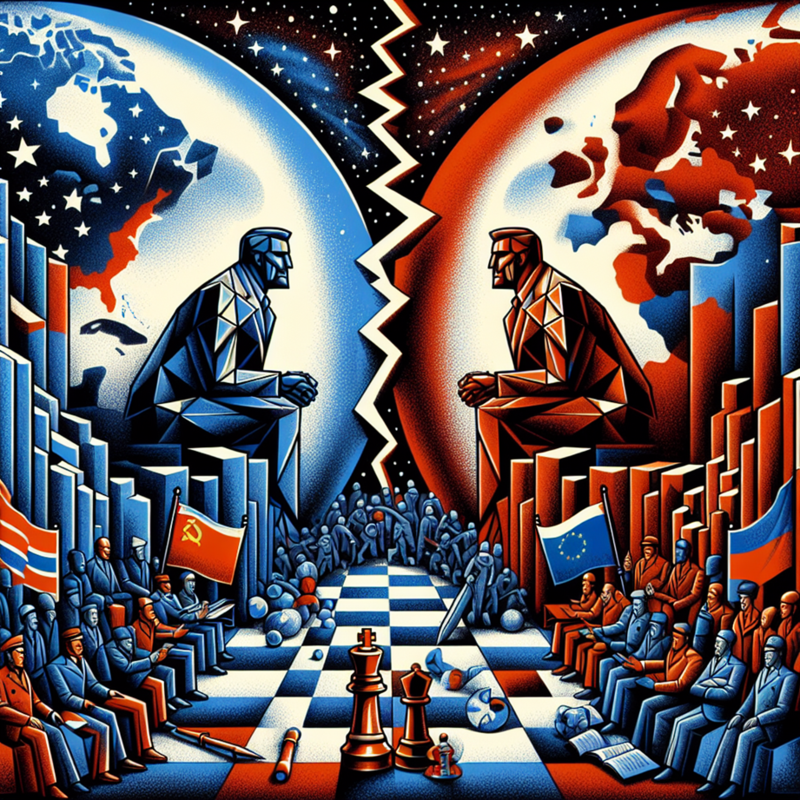
Officials in the United States are worried that ByteDance, the firm that owns TikTok, would be forced to give the Chinese government user data because of Chinese law. This has raised concerns that TikTok could be used for spying or spreading propaganda, which would endanger national security. As a result, legislation has been passed that requires ByteDance to sell TikTok within a certain period of time or risk being banned in the United States.
The possible prohibition of TikTok in the United States brings up important considerations about the future of an internet that is open and linked. The United States has a long history of supporting internet freedom and the free exchange of information. On the other hand, the current attitude toward TikTok indicates a change in perspective that involves looking at digital platforms from a geopolitical point of view, which could result in further digital fragmentation.
Similar to the Cold War era's war for space supremacy, the current race for artificial intelligence is not just a competition between the United States and China. Rather, it has developed into a multilateral competition in which other countries contribute their own distinct advantages to the arena. By 2030, China wants to be the leader in the artificial intelligence business. The country has a lot of state-backed financing, large data ecosystems, and powerful AI companies such as DeepSeek, Baidu, Tencent, and Alibaba. Government policies encourage innovation powered by artificial intelligence, combining the ambition of the state with the energy of entrepreneurs. Europe places a high priority on ethical artificial intelligence (AI), data privacy, and human-centered design. It is leading projects such as the Confederation of Laboratories for AI Research in Europe (CLAIRE) and the European Union's AI Act, which define global standards for ethical AI governance. Emerging economies, such as India, Brazil, South Africa, and Southeast Asia, use artificial intelligence to tackle urgent social issues in healthcare, agriculture, and financial inclusion. Programs such as "AI for All" in India highlight the potential of artificial intelligence to promote fair growth. The United States is experiencing increasing competition, even though it has a long history of being a leader in artificial intelligence. Although there is a solid foundation for progress due to world-class universities, innovation in the private sector, and government-supported research efforts, bureaucratic inefficiency and fragmented regulations are obstacles to quick improvement.
The changing environment of artificial intelligence demonstrates the democratization of innovation, where leadership is no longer determined exclusively by economic might but rather by agility, collaboration across disciplines, and strategic vision. American institutions were essential to the Space Race because they sped up research, increased STEM education, and encouraged innovation. In the same way, higher education institutions must adjust to new difficulties in an AI Cold War in order to make sure that the United States stays at the forefront of technological advancement.
It is possible that traditional university systems, which have isolated disciplines and lengthy research cycles, are no longer adequate. The current AI revolution requires an interdisciplinary strategy that combines topics like as cognitive science, ethics, policy, and engineering. Universities should focus on interdisciplinary AI programs that connect machine learning, law, philosophy, and public policy; speed up innovation cycles and move away from traditional academic bureaucracy to support real-world applications; and create collaborative AI ecosystems that encourage partnerships between academia, industry, and government agencies.
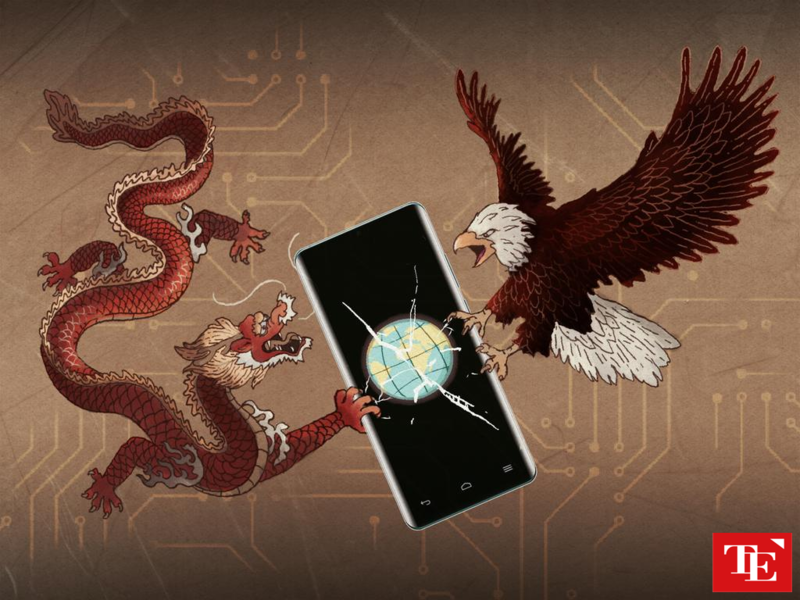
Artificial intelligence research is most successful in an environment that is open and collaborative. Even if geopolitical issues may restrict direct relationships between the United States and China, universities should actively pursue alliances with institutions in Europe, India, and Latin America in order to develop a variety of perspectives on artificial intelligence and networks for exchanging knowledge.
As AI systems become more powerful, ethical problems concerning prejudice, data privacy, and misinformation grow. Universities should take the initiative in developing ethical AI frameworks by incorporating AI ethics into their core curricula, creating research initiatives that focus on fairness, transparency, and accountability in AI, and involving policymakers in the creation of responsible AI regulations that strike a balance between innovation and security.
The Chinese government is supporting educational reforms that are quickly creating a highly competent workforce in artificial intelligence. The United States has to respond to this by increasing financing for artificial intelligence education at all levels, extending outreach programs in science, technology, engineering, and mathematics (STEM) to diversify the talent pool for artificial intelligence, and making immigration regulations more favorable to recruit the best artificial intelligence talent from across the world to American universities.
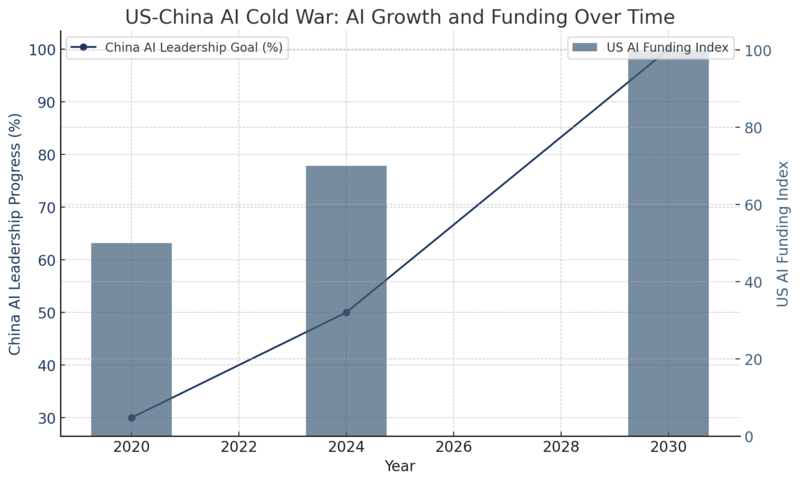
The artificial intelligence The Cold War is not just about who has the most advanced technology; it also signifies a major change in the way power is distributed around the world. The countries that are at the forefront of artificial intelligence will determine the future of industries, military policy, and economic growth. In order for the United States to maintain its position of leadership, universities must adopt agility, interdisciplinary collaboration, and international cooperation. Institutions of higher education cannot afford to operate in isolation; they must actively contribute to creating the future of artificial intelligence through innovative research, ethical issues, and workforce development.
America's reaction to Sputnik in the 20th century set the stage for its leadership in science and technology for many years to come. In the 21st century, the answer to DeepSeek and the larger AI Cold War must be as transformational. The competition is on, and the importance of universities has never been greater.

